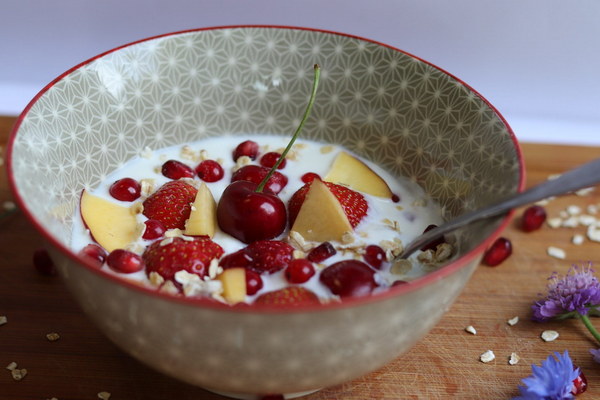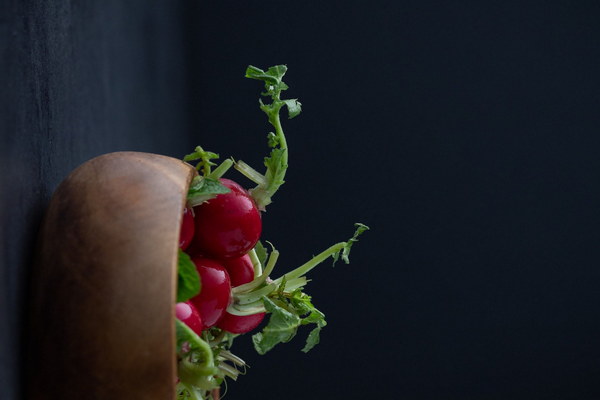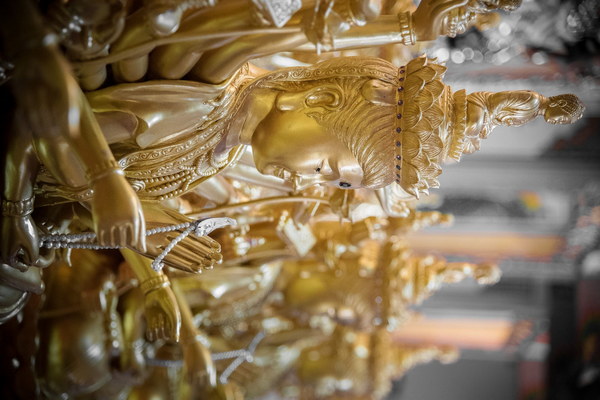Dehydration and Moisture-Removing Herbs A Balancing Act for Comfort and Health
In the realm of traditional Chinese medicine, the concept of balancing the body's Yin and Yang is fundamental. One common issue that often arises is the problem of dry mouth, which can be alleviated by using moisture-removing herbs. This article delves into the causes of dry mouth, the role of moisture-removing herbs in addressing this condition, and the importance of finding the right balance.
Dry mouth, also known as xerostomia, is a condition characterized by a persistent lack of saliva in the mouth. It can lead to discomfort, difficulty in speaking, swallowing, and eating, and can even cause dental issues. There are several causes of dry mouth, including dehydration, medication side effects, and certain medical conditions. One common factor contributing to dry mouth is dampness, a concept in traditional Chinese medicine that represents excess moisture in the body.

In traditional Chinese medicine, dampness is often associated with the Spleen and Stomach meridians. These organs are responsible for transforming and transporting nutrients, and when they become imbalanced, dampness can accumulate. To address this issue, moisture-removing herbs are prescribed to clear dampness and restore the body's balance.
One of the most well-known moisture-removing herbs is Chen Pi (tangerine peel). Chen Pi has a sweet, bitter, and slightly warm nature, making it effective in drying dampness and harmonizing the Spleen and Stomach. It is often used in combination with other herbs, such as Ba Ji Tian (Chinese yam) and Fu Ling (Poria cocos), to enhance its effectiveness.
Another popular moisture-removing herb is Huang Qin (Scutellaria baicalensis). Huang Qin is known for its bitter, cold nature, which makes it suitable for clearing heat and dampness. It is often used in conjunction with herbs like Bai Zi Ren (Biota seed) and Ge Gen (Chinese angelica root) to address damp-heat conditions.
In addition to herbal remedies, it is essential to maintain a healthy diet and lifestyle to prevent and alleviate dry mouth. Foods rich in vitamins and minerals, such as fruits, vegetables, and nuts, can help maintain the body's fluid balance. Staying hydrated by drinking plenty of water is also crucial, as dehydration can exacerbate the symptoms of dry mouth.
However, it is important to note that while moisture-removing herbs can be beneficial in addressing dry mouth, they may not be suitable for everyone. It is always advisable to consult with a qualified practitioner to determine the best treatment plan for your specific needs.
In conclusion, dry mouth is a common issue that can be effectively managed with the use of moisture-removing herbs. These herbs work by clearing dampness and restoring the balance of Yin and Yang in the body. By combining herbal remedies with a healthy diet and lifestyle, individuals can achieve relief from dry mouth and enjoy better overall health.









